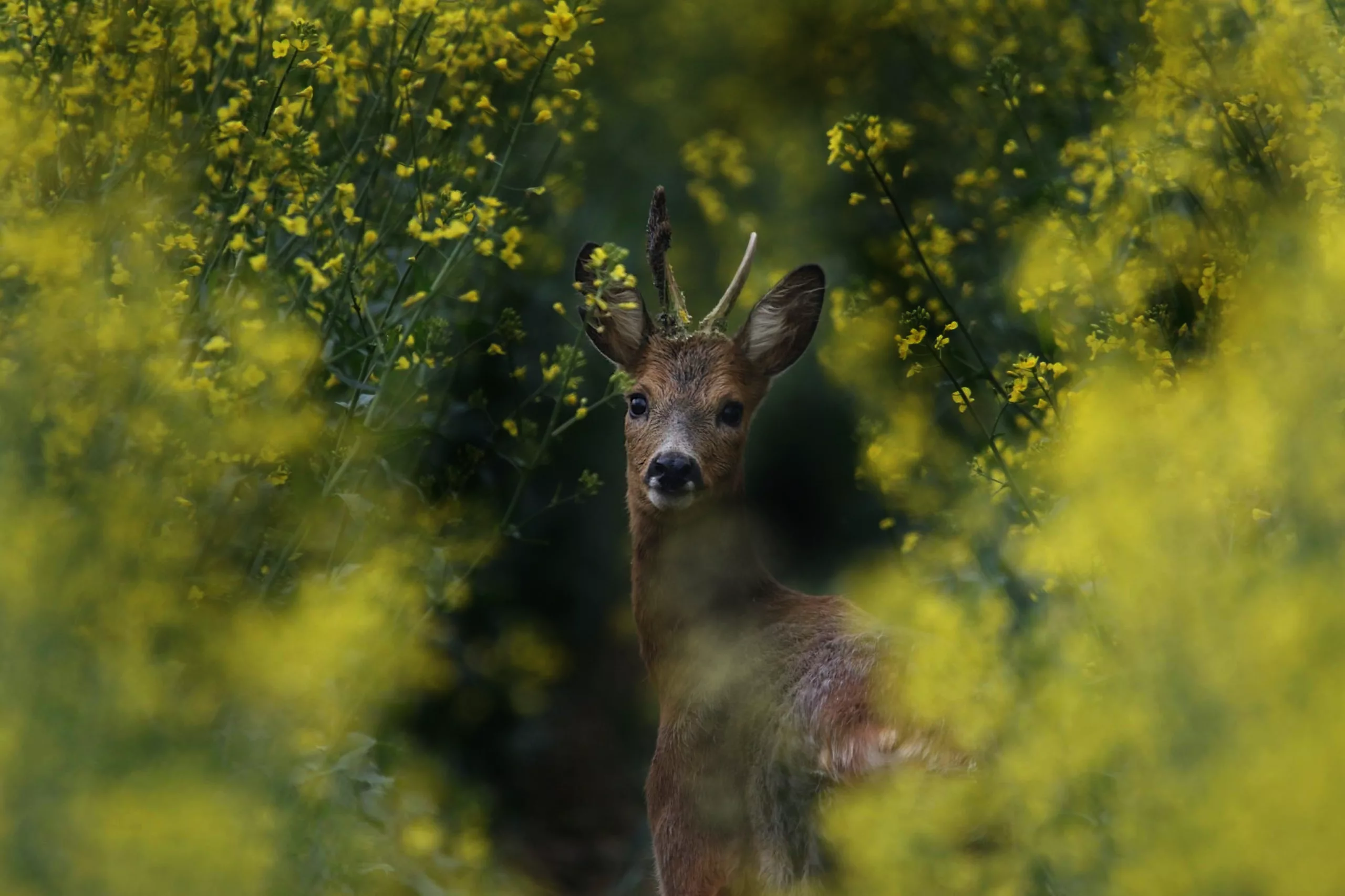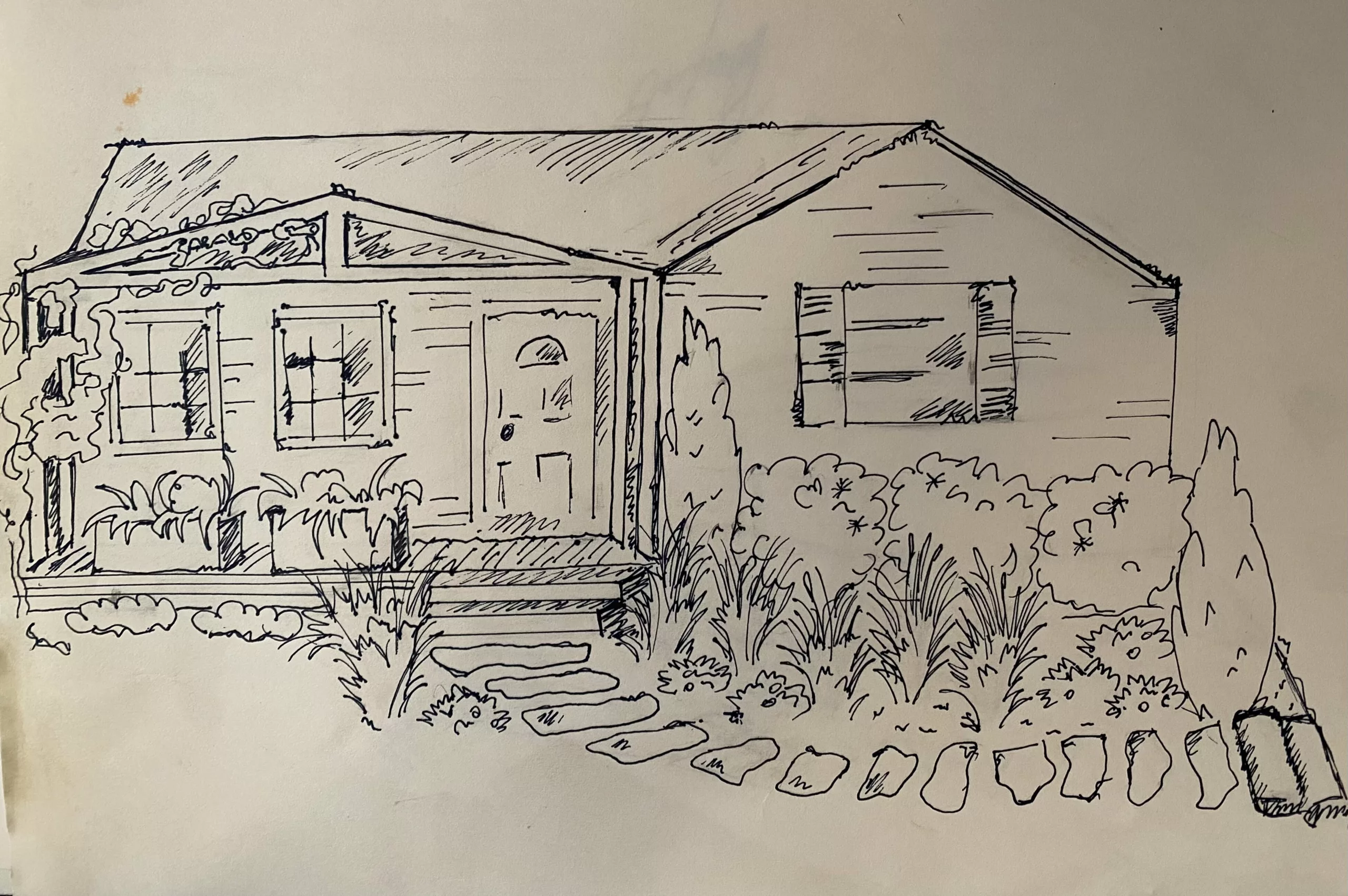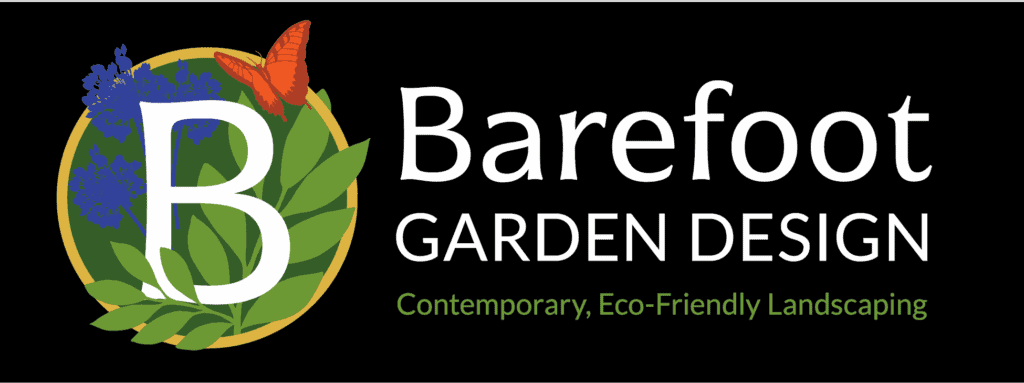Deer are wild and majestic animals, and seeing one in your backyard makes you feel connected with nature. If deer are frequent visitors to your backyard and you are wondering what to feed deer in your backyard, this post is for you.
Whether it is to ensure hungry deer don’t ruin your plants, or you enjoy watching them, knowing what deer eat is always a plus. However, remember that deer are wild animals. It is best for you to treat them as one and be cautious while feeding them.
With that disclaimer out of the way, let us explore what deer love eating during each season.
What Do Deer Eat?
Typically, a deer’s favorite food items include nuts and fruits. Some of the natural sources of food that deer love are acorns, beechnuts, hickory nuts, and pecans. In terms of fruits, deer love blackberries and blueberries, and apples are a favorite item for them. Apart from that, shrubs and trees of any plant are an everyday food source that deer love to chew on all year around.
If you are thinking about what to feed deer in your backyard, remember that once you feed them, they will keep coming back for more and may become a pest. So, think carefully before indulging in a deer feeding regime.
What to feed Deer in Your Backyard During Spring and Summer
The first thing to consider while feeding deer in your backyard is to offer something that provides adequate nutrition. The ideal deer diet is low in protein and high in fiber. The varieties of deer food you can use during summer include shrubs, leaves, and grass.
You can also add vegetables and fruits, except corn, as it can cause various health problems in deer. Another critical thing to remember is not to overfeed them.
What to feed Deer in Your Backyard During Fall
As you move towards colder weather by the end of summer, deer start preparing for winter. Therefore, they tend to eat more food in order to reserve fat in the body to stay warm during cold temperatures. The fat reserves also work as an energy source for the animals to survive during the winter, especially if the food becomes scarce.
During fall, you can feed them food items with high carbohydrates, such as acorns, grasses, and shrubs. You can add hay and other food sources of plants and trees if your local area does not have many trees and plants around.
Feeding Deer in Your Backyard During Winter
Winter is a season when it gets a little hard to find deer, especially if your area does not have a lot of plants around it. Therefore, selecting decent and adequate food items for the deer visiting your backyard is important.
If your backyard has green plants and grass, it is a good food source for the deer to feed on during winter. However, if you are thinking about buying supplemental food for them, it is best to choose something healthy.
During winter, a deer would love to eat roots and corn bulbs. Oats are another recommended food source to feed them in your backyard. You can also buy manufactured deer food, as they contain a high quantity of oats, a principal ingredient for deer during winter.
Once again, do not feed corn to the deer; however, they may eat it if very hungry. Corn is a complex food source for deer as it contains a low quantity of proteins, and they may have trouble digesting it. That said, eating corn does not bring any harm to a deer herd.
While you can avoid natural corn feeding deer in your backyard, you can always opt for deer corn. This is an alternate food source that is specially formulated for deer. It contains high levels of fat and carbohydrates. Deer corn is a perfect solution for cold months where deer need an energy boost.
Image Source: Pexels
Mineral Blocks
Apart from the above-mentioned food, you can also leave mineral blocks scattered around in your backyard. This helps the deer give the minerals and nutrients they need to survive the long winter.
Do not Feed These to a Deer in Your Backyard
Certain items are bad for deer’s health, such as bread, corn, and other foods with an excessive amount of starch. The starch in barley and wheat can lead to severe indigestion issues in a deer, and may lead to death.
Conclusion
Next time these visitors stop by, you know what to offer them to eat. The right food supplements, along with natural plants and grass, can offer all the nutrients deer need.
If you are a real deer lover, you can plant things in your backyard for deer food. This will help ensure that your visitors can come to your backyard when they cannot find food else.







